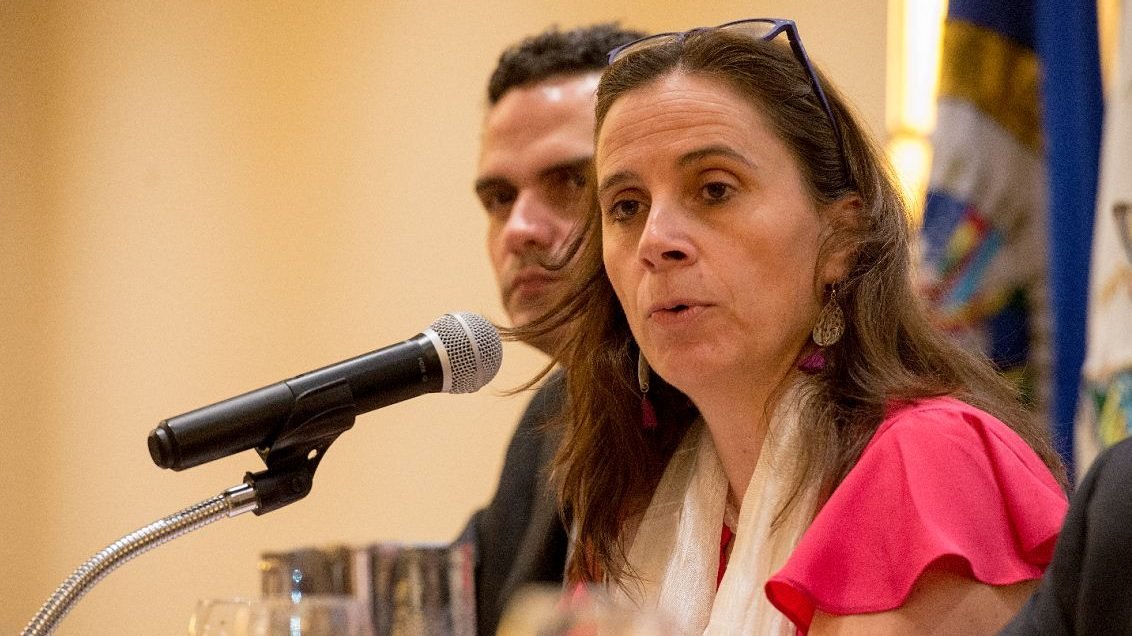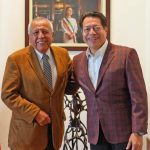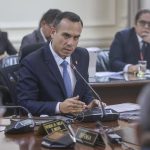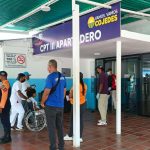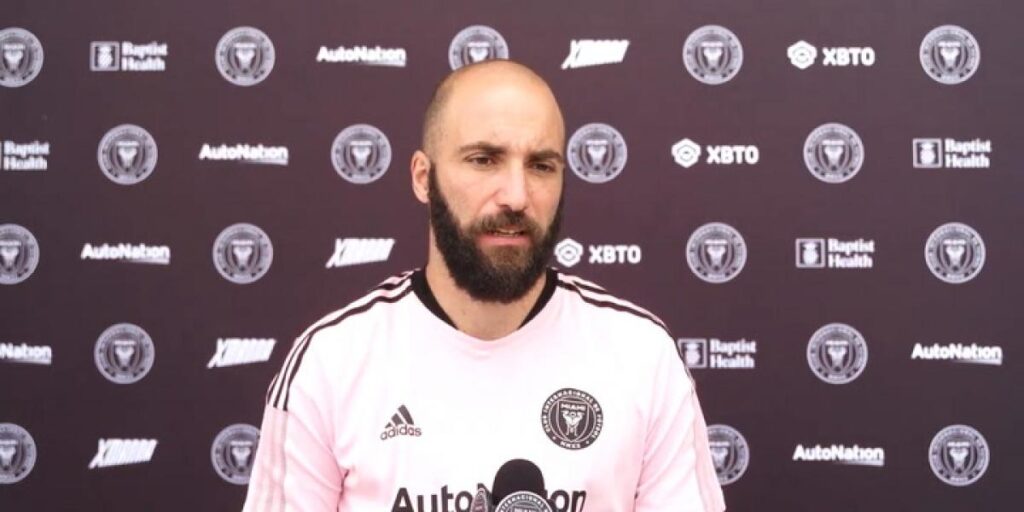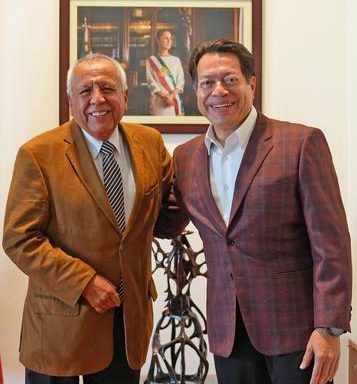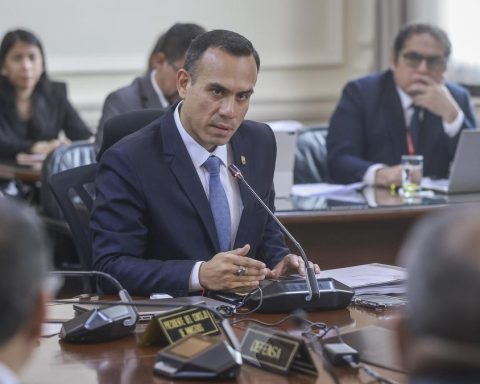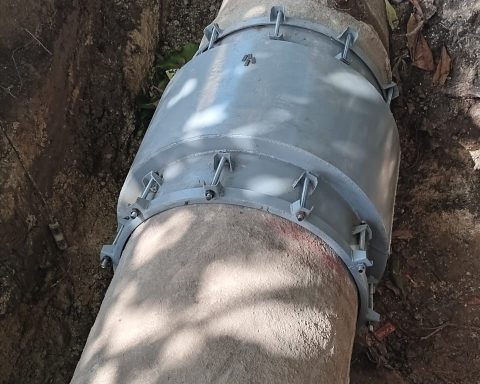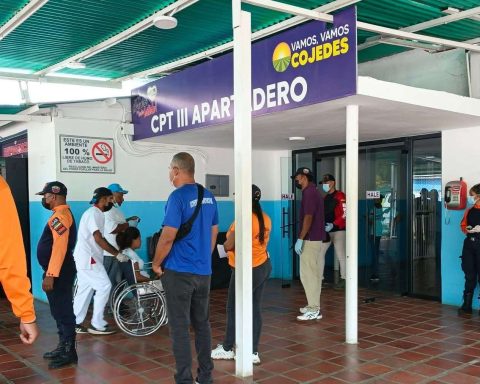The Foreign Minister of Chile and former president of the Inter-American Commission on Human Rights (IACHR), Antonia Urrejola, addressed in an interview the situation of the regimes of Nicaragua, Venezuela and Cuba, affirming that the situation of human rights violations by Miguel Díaz-Canel is not similar to the one imposed by the dictatorship of Daniel Ortega and Rosario Murillo.
“I think that the contexts of Cuba, Venezuela and Nicaragua are totally different, in these countries from my perspective there are human rights violations in the case of Cuba in personal terms I am very concerned about the situation of those who were in the protests last year (2021) and they have been sentenced, but it seems to me that the situation in Cuba is not comparable to that of Nicaragua, it is not comparable at all,” the lawyer said in an interview with the Spanish media outlet El País, avoiding calling the Díaz administration a dictatorship. -Canel.
Related news: “Hugo Torres has died in prison and arbitrarily criminalized,” laments Antonia Urrejola
The diplomat affirmed that in the case of Cuba, it is a country that is inserted in the international community, that is also in dialogue with the international community, and that has suffered the strong economic sanctions that affect the peoples beyond the rulers. in turn and that “in the region the most serious situation is that of Nicaragua, it is not comparable to Cuba, it is not comparable to Venezuela.”
When questioned about whether the Havana regime is a democracy, she argued that she has a personal opinion on the matter, but stressed that the human rights situation in Nicaragua is unsustainable. “The political situation of human rights in Nicaragua is much more serious, it is much more unsustainable, the concentration of power in a couple and their children, that is, the situation is very different,” she stressed.
Antonia Urrejola played a very important role from the IACHR as special rapporteur for Nicaragua, and member of the delegation of the regional organization that arrived in the country in the midst of the government repression unleashed by the Ortega-Murillo regime against the population that demonstrated against the reforms. to the Nicaraguan Institute of Social Security (INSS) and later the departure of the dictatorial couple.
Related news: Antonia Urrejola sues the OAS for justice for the victims of Ortega’s repression
In addition, he rejected before the international community the results of Ortega’s elections, which he branded as illegitimate. In addition, he demanded that the Nicaraguan regime release the political prisoners, whom he assured are in “serious detention conditions.”
For his part, the president of Chile, Gabriel Boric, was asked about the situation in the three countries and their dictatorships, to which he preferred not to delve into specific criticism, but rather in his defense of human rights.
